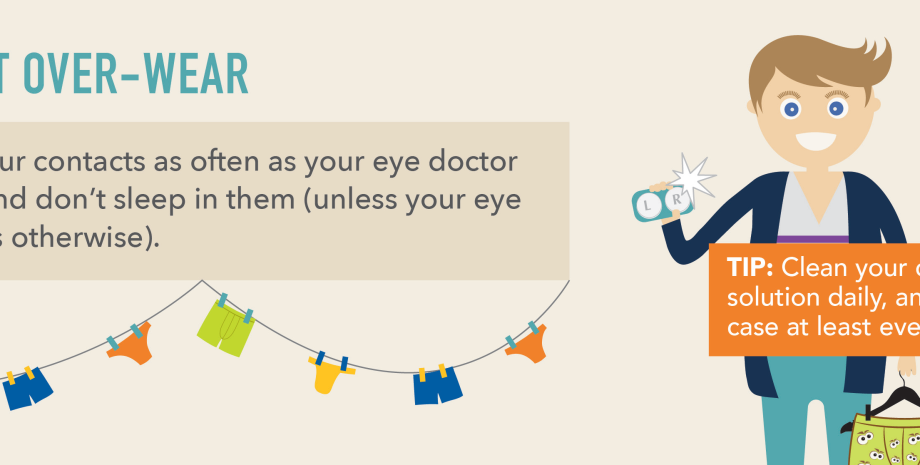

Unless you have a secret superpower or you’re living under a rock, chances are good you have experienced some stress and anxiety this year. The COVID-19 pandemic has upended life as we know it—changing the way we work, live, and play.
COVID-19 attacks the respiratory system, with shortness of breath and difficulty breathing as some of the common symptoms. Hancock Health respiratory therapist Dr. Leslie Wise shares how she’s helping patients with chronic lung diseases navigate the pandemic and understand how some of those techniques might be helpful to the rest of us.
“Breathing is one of those techniques that we do every day, and we just don’t think about it,” Dr. Wise said. “It allows you to focus on something you can control. You can’t control the stress that’s happening. You can’t control the pandemic. But we can control how we’re breathing. And once we control our breathing, we can start focusing on things other than stress.”
Dr. Wise’s patients are some of the most vulnerable to COVID-19—people with lung cancer, COPD, asthma, and chronic bronchitis.
How to use pursed lip breathing to cope with COVID-19 stress
One technique that Dr. Wise often uses with her patients is called pursed lip breathing. She describes this technique as taking a deep breath for two seconds through your nose, then exhaling slowly through the lips for four seconds.
“It’s really important to breathe through your nose,” Dr. Wise said. “because your body has a way of filtering air and warming that air. By breathing in through your nose, it allows that to happen.”
Dr. Wise said short, shallow breathing is common when we feel stressed or anxious.
“Just take that time to take about five, nice, deep breaths in through your nose and out through your mouth, and try to regain your composure,” she said. “It’s helpful to use that in any kind of stressful situation, but more so now that we have this fear when we’re out in public or when we’re with other people and we start to panic.”
Limit how much time you’re spending consumed with COVID conversations
Beyond deep breathing, Dr. Wise also encourages everyone to limit the amount of COVID-19 news they’re ingesting on a daily basis. As with most things in life, everything is better in moderation.
“The biggest thing I tell folks is to set limits on how much COVID talk you’re allowing to happen in your home,” Dr. Wise said. “Because the more you talk about it, the more you stress over it, and the more we think, ‘Oh my gosh, what’s going to happen to the world?’ It almost spirals out of control, and we try to solve all of the world’s problems when it started as a simple question of should I wear a mask?”
So turn off the TV, wear your mask, and take a deep breath. We’re all #INThisTogether.
Sources and External Links
Symptoms of Coronavirus
https://www.cdc.gov/coronavirus/2019-ncov/symptoms-testing/symptoms.html